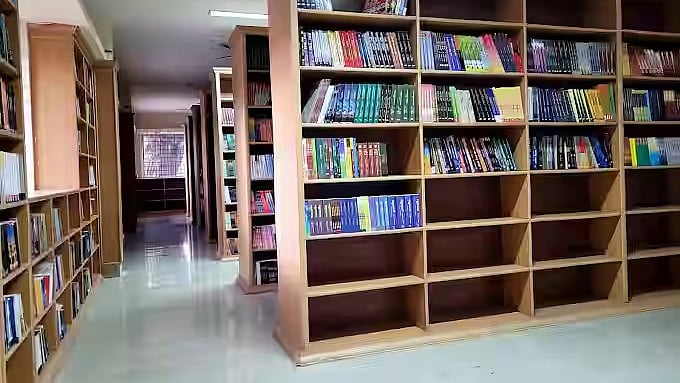Mumbai: Information obtained through the Right to Information (RTI) Act by an activist has shed light on the alarming shortage of public libraries in rural Maharashtra. According to official data provided by the Directorate of Libraries, out of 44,738 villages in the state, at least 33,588 do not have access to a single government-subsidised library.
The data suggests that despite government initiatives, a vast portion of Maharashtra’s rural population remains deprived of essential library facilities. “Public libraries play a crucial role in providing access to books, newspapers, and digital resources, which can significantly contribute to education and community development.
However, the disparity in distribution reveals an urgent need for intervention,” said Abhay Kolarkar, whose RTI inquiry exposed the crisis.
Further examination of government records indicates inconsistencies in the allocation of funds for library development. While schemes such as assistance to district and taluka libraries and grants for Gram Panchayat libraries exist, their implementation appears inadequate in bridging the resource gap in rural areas.
The lack of libraries in Maharashtra’s villages can be attributed to multiple factors, including insufficient budget allocation, administrative delays, and poor infrastructure. Many existing libraries reportedly struggle with outdated collections, lack of trained staff, and inadequate digital access, further diminishing their utility.
Additionally, the pandemic-induced economic downturn worsened the situation, diverting government spending towards immediate relief measures rather than long-term educational infrastructure.
Educationists and social activists have expressed concern over the findings, urging the state government to prioritise library development as a means to bridge the knowledge gap in rural communities. “Libraries are not just about books; they serve as learning hubs that foster critical thinking and digital inclusion,” said Kolarkar.
Several local communities have attempted to address the issue through volunteer-run initiatives and crowdfunding for library projects. However, without sustained government intervention, these efforts remain limited in scope. As Maharashtra continues to position itself as an educational and economic hub, addressing the disparity in library access will be a crucial step towards ensuring equitable development across the state.
